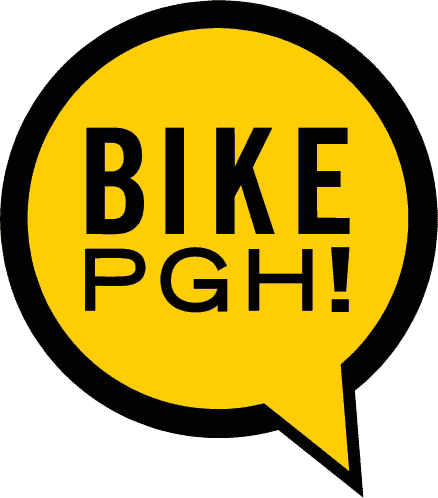@ Hidden Variable so, i contend that it is in fact possible that skidding out can bring you to a halt more quickly. i just have no idea if it does.
If I understand correctly, what you are talking about when you say "skidding out" is turning the bike 90 degrees to the line of movement.
There are a lot of things happening there. You turn the bike and you are banked, possibly extremely, to the inside of the turn.
Like, this is the move where the bike goes under the bus, but you don't. At it's most extreme, you are on your side getting road rash and the bottom of your wheels are hitting some vehicle.
That seem to me the most effective emergency stopping.
But it isn't really "Skidding vs not-skidding" you are talking about. If skid and non-skid is all there is, then non-skidding is better.
"Skid-turn, hit-the-pavement" likely trumps non-skid.
Back to the question, "Is one brake enough?" IMO, if the bike is fixed, one is all you need. If you are doing non-fixed single speed, you want two. When all there is between you and death is a brake, you want backup. (Although I relied on just one coaster brake for years as a kid.)


